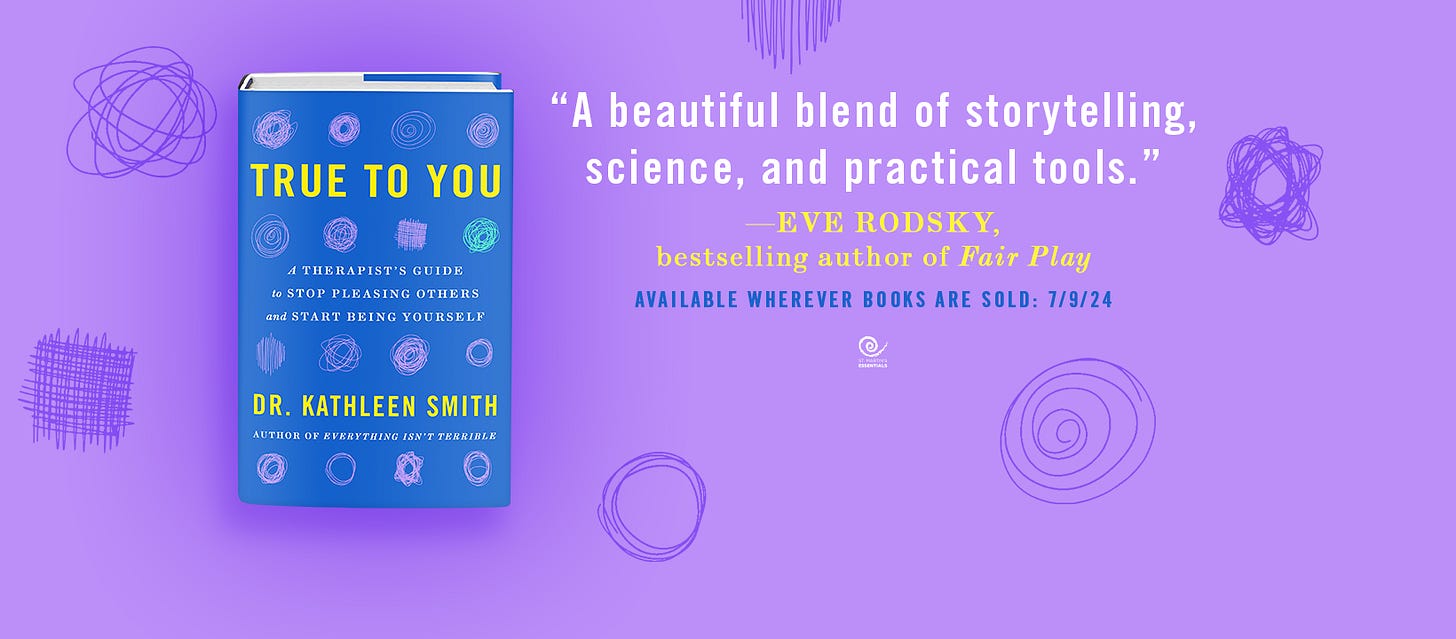This week I’m thinking about the stories we tell about our children, family members, and other key people in our lives. The brief character descriptions we keep filed away in our brain and reference while we interact with people.
Stories like:
He has a lot of anxiety.
She is very sensitive.
She needs a lot of help.
He’s just like his father.
She likes to keep to herself.
He’s not interested in my opinion.
She’s the black sheep of the family.
He’s only happy if he’s in charge.
All of these statements may be true to some degree. The trouble is how we begin to orient ourselves around them. We act based on the story, rather than the reality of the moment, and what it might call for.
How much contact does it take for people to wiggle out of the stories we put them in?
What kind of contact does it take to see how people function? To see your part in how they function?
Letting people move outside of our expectations requires us to manage our own distress in a more responsible way. To not swoop in while they learn a skill. To let them sit with our thinking rather than trying to convince them we’re right. To let them say no to an offer without saying no for them.
To be a researcher who is willing to prove her own hypothesis wrong.
Nothing shuts down curiosity more than acting like you’ve got someone figured out. It’s one of my favorite questions to ask a client--Who do you think you really have figured out? Because that’s often the best place to start.
I’ve also been thinking about what it takes to talk and think about people without using these character statements. I find that it’s helpful to turn the focus back to me, to use the “I” as my own operating instructions.
I’m curious to see how he handles this challenge.
I’m figuring out when to help and when to sit back.
I’m curious to see if we can have a conversation about this.
I wonder if they’re more interested in me than I realized.
I wonder if he’s going to prove us all wrong.
What a gift it is to have people in our lives who aren’t so certain about who we are and what we’ll do. People who don’t treat us like sitcom characters. People who are willing to stay interested and connected to us while we navigate life.
Questions:
What are the defining statements you make about your children? Your parents? Other important people?
How do you use these stories as invitations to avoid people? To overfunction for them? To assume you know what they’re thinking without asking?
What kind of contact could help you see the reality of someone’s functioning?
When have you observed someone wiggling out of the patterns the system puts them in? When have you been able to do this?
News from Kathleen
Buy my new book, True to You! (If you didn’t get the preorder bonus workbook, just reply to this email letting me know where you bought the book, and I’m happy to email you one.) Also, please consider giving it a review online! Those stars help others find it.
Want to read more of my writing? Read my books or my newsletter archives.
Email me if you want me to speak to your group or are interested in working with me. Follow me on Linkedin, Facebook, or Instagram.
Want to learn more about Bowen theory? Visit the Bowen Center’s website to learn more about their conferences and training programs.






This is such rich wisdom for any relationship, and as a parent, I love the suggested questions. As my son (high school senior) is looking at colleges and making a path for next year, I love to stay curious and for the most part neutral as he wonders. I hope to accompany him with loving curiosity.